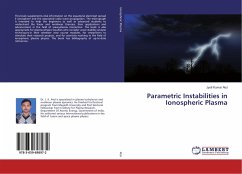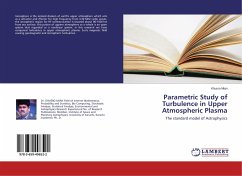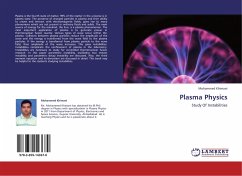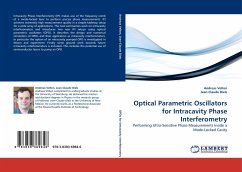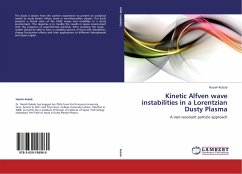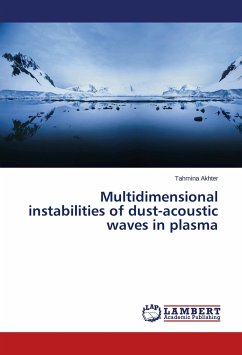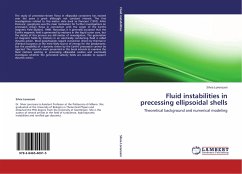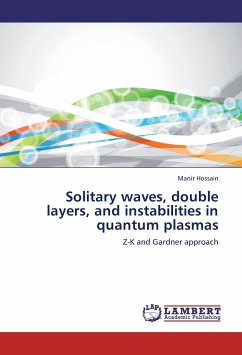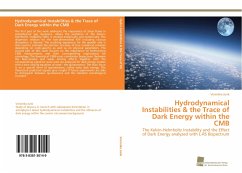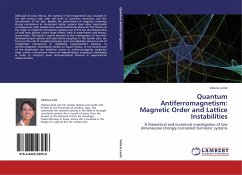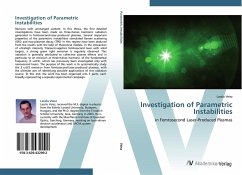
Investigation of Parametric Instabilities
in Femtosecond Laser-Produced Plasmas
Versandkostenfrei!
Versandfertig in 6-10 Tagen
32,99 €
inkl. MwSt.

PAYBACK Punkte
16 °P sammeln!
Revision with unchanged content. In this thesis, the first detailed investigations have been made on three-halves harmonic radiation generated in femtosecond-laser-produced plasmas. Several important properties of the parametric instabilities stimulated Raman scattering (SRS) and two-plasmon decay (TPD) in this regime have been deduced from the results with the help of theoretical models. In the interaction of ultrahigh intensity Titanium:sapphire femtosecond laser with solid targets, a strong green light emission is regularly observed. This radiation is generally attributed to collective plas...
Revision with unchanged content. In this thesis, the first detailed investigations have been made on three-halves harmonic radiation generated in femtosecond-laser-produced plasmas. Several important properties of the parametric instabilities stimulated Raman scattering (SRS) and two-plasmon decay (TPD) in this regime have been deduced from the results with the help of theoretical models. In the interaction of ultrahigh intensity Titanium:sapphire femtosecond laser with solid targets, a strong green light emission is regularly observed. This radiation is generally attributed to collective plasma effects and in particular to an emission at three-halves harmonic of the fundamental frequency (3 0/2), which has previously been investigated only with nanosecond lasers. The purpose of this work is to systematically study the 3 0/2 emission from femtosecond-laser-produced plasmas, with the ultimate aim of identifying possible applications of this radiation source. To this end, the work has been organised into 3 parts, each broadly representing a separate experimental campaign.



